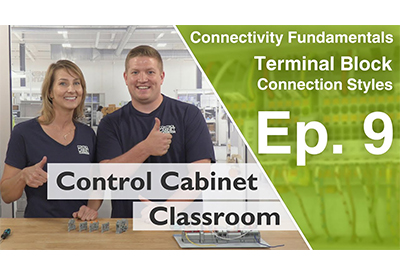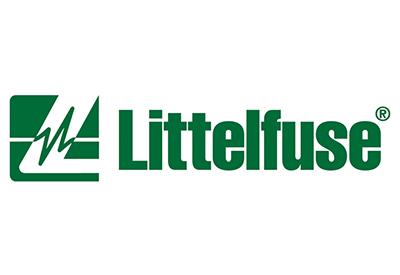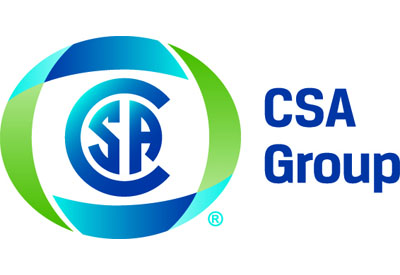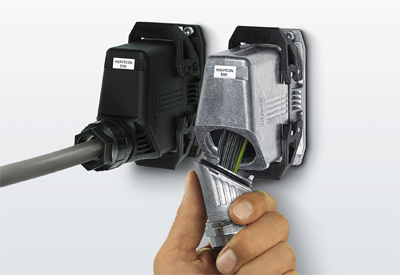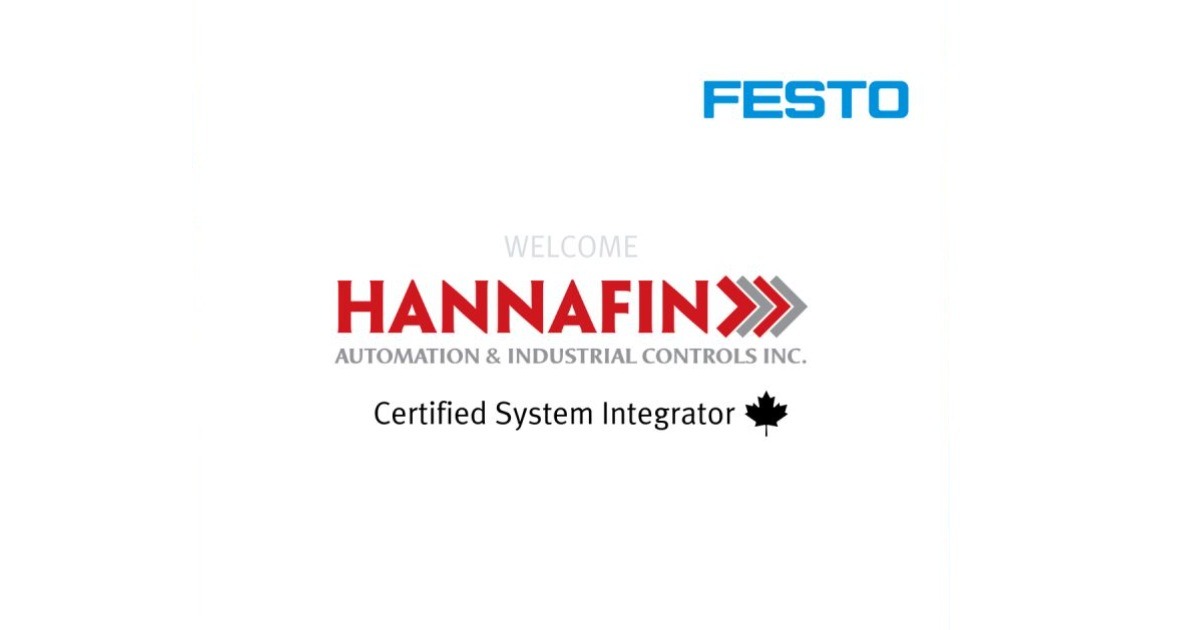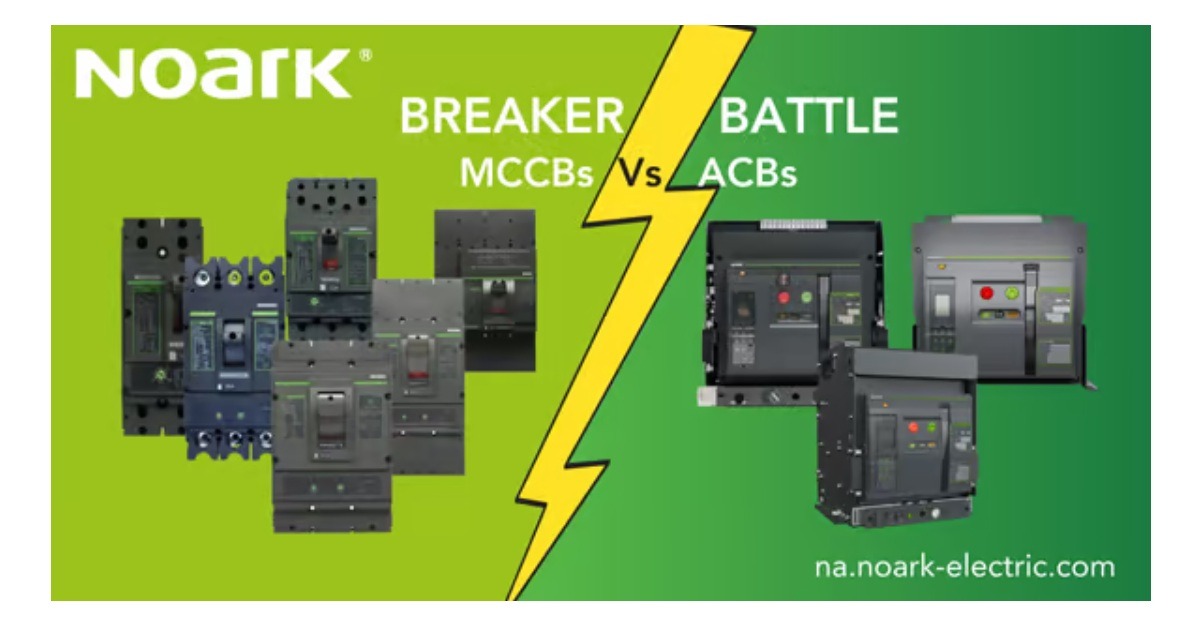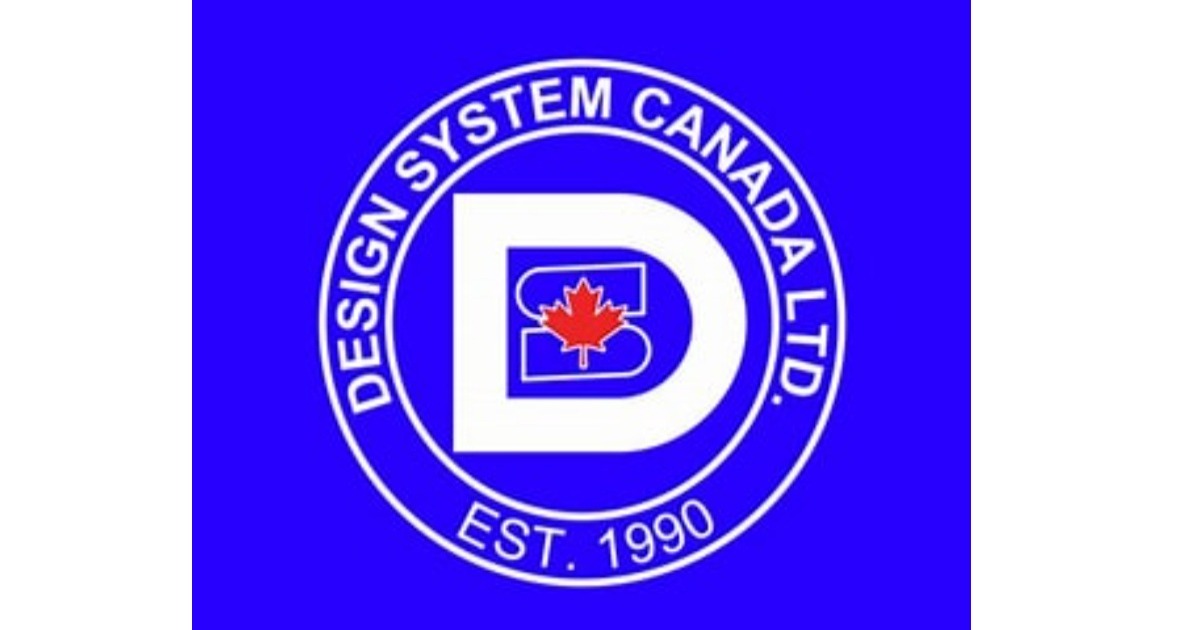Committing to Automation: 3 Questions Before Integration

July 22, 2019
In today’s fast-paced manufacturing world, you must be at peak productivity to compete, and the only way to do that is by integrating automated solutions. The biggest players in your industry benefit from automation, so why shouldn’t your business benefit, too? If you’re a small or mid-sized manufacturer considering upgrading your production line with the latest in industrial or collaborative robot (cobot) technology, this article will explore the three questions you need to ask yourself before you commit to automation and integrate it into your company.
Do I really need to automate?
There are several business challenges that need to be considered when you plan to automate one or more manufacturing processes. The following underscores some of the challenges that small and mid-sized companies with low-volume, high-mix production face with increasing competition and a struggling labor market:
- Identify new ways to cut costs
- Continuous product quality improvements
- Minimize waste in terms of time, materials, or both
- Achieve the flexibility to adapt to changing production demands
- Struggling to fill positions for repetitive manual jobs
- Temporary workers aren’t reliable or take too much time to learn processes
- Repetitive or dangerous processes are impacting workers’ health and safety
- Expand the business without overextending
Automation will ultimately improve your processes and allow your business to run more efficiently with less effort, helping you solve these challenges. If you identify with one or more of the listed challenges, it is definitely time to integrate automation.
What processes can I automate?
Regardless of the industry you’re in, you can automate almost any process. Whether it’s automotive, metal fabrication, plastics, food or pharmaceutical – integrating automation will enhance your operating efficiencies. Standard robots and cobots are used for a variety of different applications including packaging and palletizing, screwdriving, injection molding, gluing, welding, assembly, pick-and-place, lab analysis, machine tending, and many more. Cobots are also good at performing the dull, dirty, and potentially dangerous tasks or jobs and can safely work alongside operators who perform the higher level tasks and manage the robots.
How much does it cost and what’s the ROI?
Would you invest more time to increase productivity? Of course, everyone would, but to begin to understand the benefits of integrating automated solutions, it’s about working smarter not harder. Your company’s goals and requirements may dictate which and how many robots you choose to integrate, but quality and reliability are fundamental.
What does automation cost? There are robots available today that are advertised as being fast, cheap and easy to install. However, automation is an investment with a long-term objective, and it’s important that you invest in equipment that is going to help you meet your production targets now as well as in the future.
FANUC has a wide range of industrial and collaborative robotic solutions available and offersAuthorized System Integrators (ASI) and support to help you seamlessly integrate these automated solutions into your operation. System integration expertise may cost you initially, but the increased productivity will save you in added labor costs in the long run.
Automation is also an investment that’s proven to have a strong ROI. Aside from saving time and labor, FANUC offers lifetime product support, so you know that your system is covered by a team of professionals for as long as your FANUC robots and automation are in production. The best part is that you don’t have to break the bank to integrate these solutions given the increased affordability of robotic technology.
With new automated systems in place, small and mid-sized manufacturers will have a better chance to compete in a global economy. From the simple to the most advanced, robot and cobot technology is changing how you do business. Remember, you’re never too small for robots, and once you integrate automation, you will improve your bottom line.
Are you ready for automation?
If you have a small to mid-sized manufacturing company that has yet to upgrade to automated systems, what do you think about integrating automated solutions using robot or cobot technology for your business? Think about the cost-effectiveness of committing to automation and the potential productivity that you’ll have as a result. If you have more questions about automation, Fanuc can help solve the most complex challenges for any size business.


